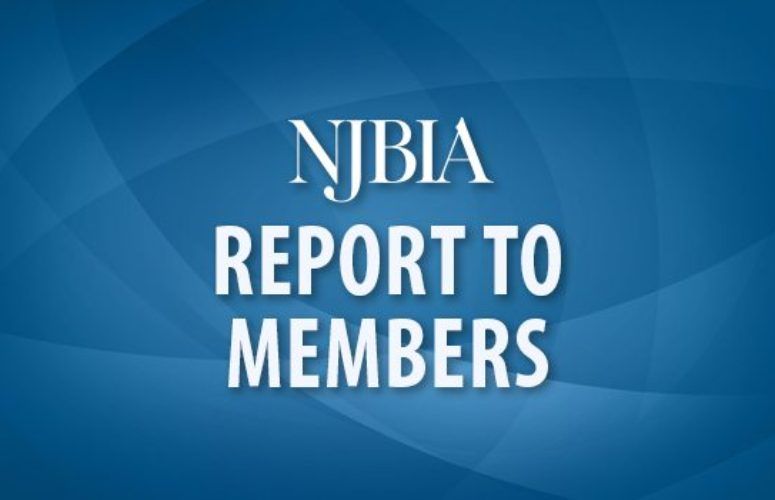
Just One Request – Please Start Planning
Report to Members
By Michele N. Siekerka, Esq., NJBIA President and CEO On Jun 28, 2018
In fact, at this writing, it’s not even certain if the state will succeed in meeting its constitutional deadline of July 1 for enacting a new budget.
What is certain, however, is that whatever resolution the Murphy administration and legislative leaders reached, it will have occurred without the benefit of the comprehensive tax and regulatory analysis needed for long-term sustainable solutions.
We know what is and has been at the root of the budget imbalance – spending on the school funding formula, public employee pensions and health benefits. And, we know that taxing our way out is not sustainable.
The mere talk of increasing taxes causes business to freeze in its tracks. Consider that these talks come on the heels of new laws that mandate paid sick leave and equal pay, as well as proposals to expand the Paid Family Leave law, institute a $15 an hour minimum wage, make changes to the temporary disability insurance laws, as well as new insurance provisions for bad faith and wrongful death. And, that’s not all. New Jersey just instituted new laws to subsidize nuclear energy and green energy as well.
This all comes with a hefty price tag; one that impacts New Jersey’s businesses’ bottom line and business climate; especially for small businesses that employ half of New Jersey’s workforce.
NJBIA recently released an analysis documenting New Jersey’s last place ranking in the region for business competitiveness.
Our analysis tracked six individual business costs – minimum wage rate, top income tax rate, top corporate tax rate, sales tax rate, property taxes as a percentage of home value, and the top unemployment tax rate – and compared New Jersey’s rates with those of Connecticut, Delaware, Maryland, Massachusetts, New York and Pennsylvania.
Applying a scoring system to the most and least competitive regional rates, New Jersey finished last of the seven states by a considerable margin. Delaware has the best regional score, followed closely by Maryland and Pennsylvania.
Rather than continue to talk about tax increases and impose new mandates, we ask our state leaders to instead focus on improving the state’s economy through comprehensive planning. New Jersey lacks a long-term strategic plan and now is the time to establish one. Actually, the wheels have been put into motion, but unfortunately not with enough time to impact the budget discussion.
The State Tax Policy Working Group, announced by Senate President Stephen Sweeney, is expected to come back with some recommendations this month. We also await findings from the Economic Growth Council, created by Gov. Phil Murphy. These groups must complete their work and advance comprehensive recommendations through a process of stakeholder engagement and vetting. Such a process, by its nature, is meant to establish a holistic plan that takes cumulative impacts into consideration and allows for responsible decisions.
If New Jersey continues to resort to tax increases and employer mandates to address our challenges, instead of tackling the root cause of these rising costs, we can count on one thing for sure: déjà vu all over again when the next budget season comes around in June 2019.
To access more business news, visit NJB News Now.



